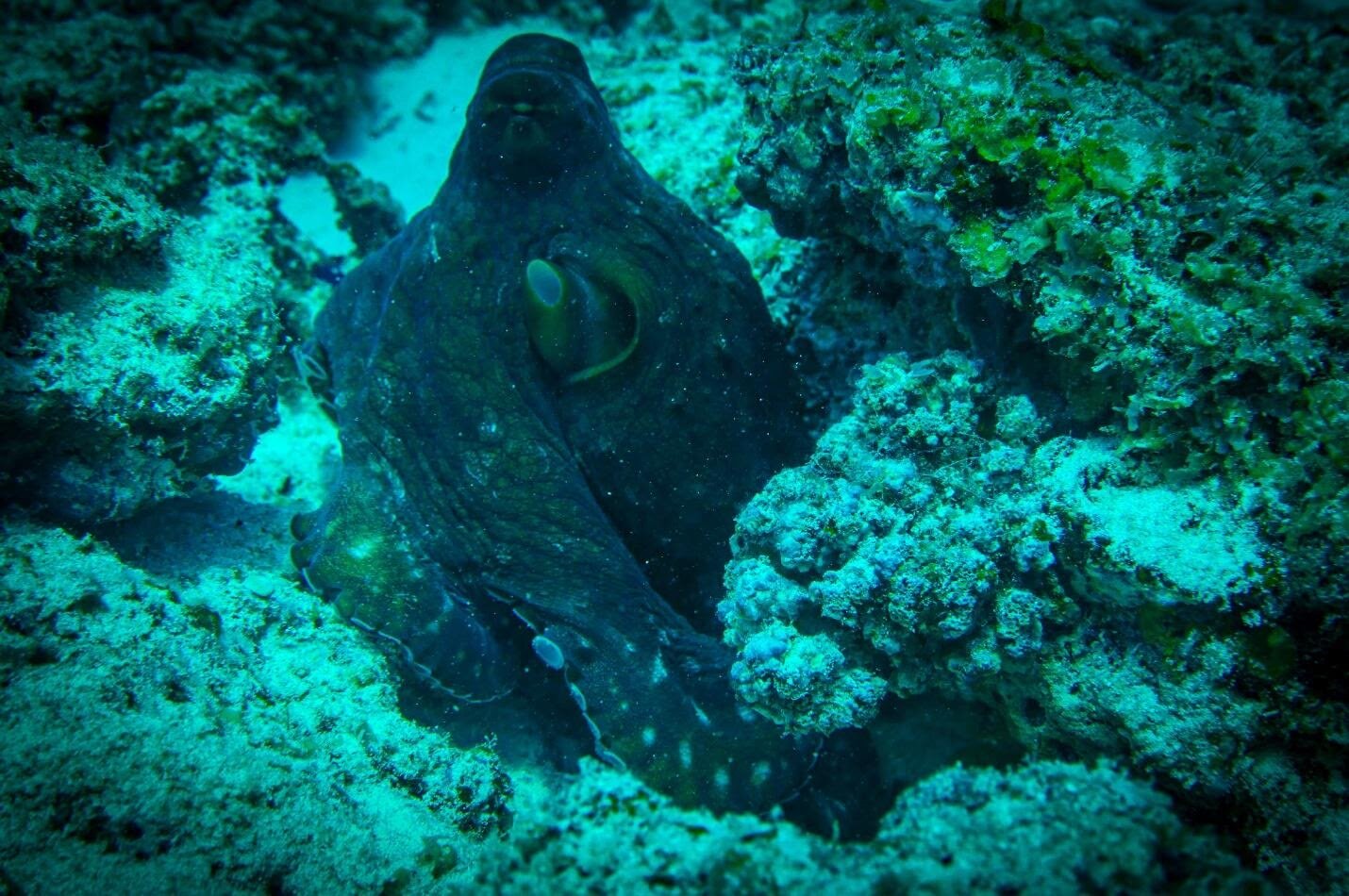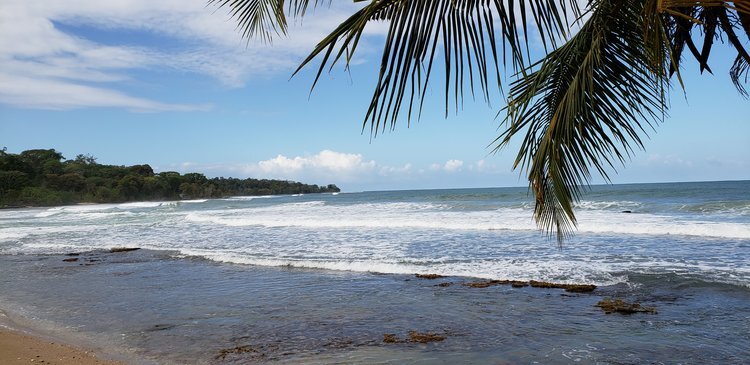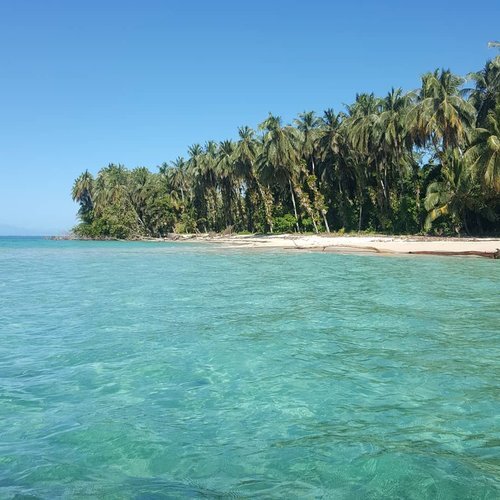
Droppin’ Knowledge
Welcome, Fabunerds. This space is dedicated to discovery with a primary focus on the marine environment. I will also share interesting facts from journal articles, social media, and other outlets. Enjoy the drops!

Racial-Gender Disparities, and the Impacts of Coloniality in Ocean Science on BIPOC Women
Racial-gender equity and the health of the environment, including the ocean, are inextricably linked, as effective solutions cannot be found without equally valuing all voices and forms of knowledge.

Engaging the Tropical Majority to Make Ocean Governance and Science More Equitable and Effective
In this paper, Dr. Scott and many other experts from around the world, specializing in tropical marine studies and policy, express the need for greater equity in ocean governance with particular emphasis on resource and data sharing, education and decolonization of scientific practices throughout the tropics.

Fabunerds, Let’s talk octopus and why they punch fish. Rude?
Did you know that octopus and fish often hunt together to find prey on reefs? Indeed, octopus and fish work collaboratively to find food much like eels and groupers.

Mighty, Magestic Mobula
What’s happening to these quiet giants of the sea? There are only two species of Manta ray in the genus Manta; the giant oceanic manta (Mobula birostris) and the reef manta ray (Mobula alfredi). To see these giants, I travelled all the way to Tofo, Mozambique on the eastern coast of southern Africa.

Fabunerds, Let’s Talk Coral Fragging
Coral propagation or fragging is the process of removing a section of an existing coral and attaching the fragmented piece onto an artificial or natural substrate to grow.

Let’s talk Stony Coral Tissue Loss Disease (SCTLD)
First, yes, this is important for you to know about and yes, it does affect you even if you live in a snow-covered area and it is April. Why you might ask? Well, coral reefs, and particularly the reef building stony corals (Scleractinia), are extremely important habitat for fish and invertebrates including many of the fish and invert species with great economic value such as lobster, grouper, snapper and squid.

Let’s talk photo-toxic sunscreens and coral!
As a marine scientist, often times you find yourself on various listservs focused on all kinds of topics. It gives you the opportunity to ask important questions to others in the field and to be privy to conversations about recent publications.

Bocas del Toro, Panamá
Bocas del Toro, located on the western, Caribbean coast of Panamá, is a small island archipelago that is experiencing rapid change due to tourism and climate change pressures. My work in Panamá centers around conservation efforts in the region and developing research projects focused on the terrestrial, marine and the human dimension.

